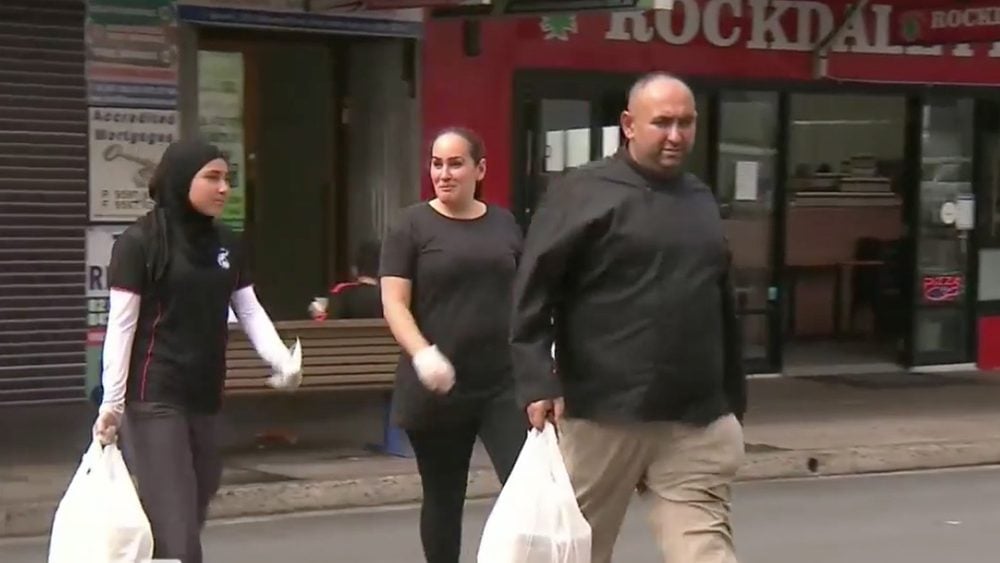When coronavirus restrictions struck, Hussein Faraj began delivering free food from his chicken shop in Rockdale, in Sydney’s inner south. “We got 50 to a hundred phone calls in the last two days ” he told Channel 9.
But that was only the beginning. By early April, Faraj and his team of volunteers had “expanded the operation to cater for 2000 servings of food a day; we are delivering to over 200 families daily, with 90 per cent being in their 70s and over.”
Faraj is president of a community initiative called the United Shia Islamic Foundation and had uncovered a gap in our society’s care for those with food insecurity.
Other food banks were not reaching these people. Eternity understands that the state government thought that Foodbank and OzHarvest were it. The government funds those organisations to provide emergency food aid. But religious laws about food preparation had not been taken into account.
“The need to have food on their tables to break their fast, is a really important issue.” – Hussein Faraj
With the approach of Ramadan – the Muslim month of fasting – the situation was getting tougher and tougher.
“At current capacity, the cost of a day is roughly circa $2500-$5000,” Faraj wrote. “With our current reserves, we will be able to maintain this program for a further two weeks. We seek if possible help from the government to maintain this program.
“With so many families out of work, scared to leave their houses or in financial hardship, the need to have food on their tables to break their fast, is a really important issue.”
That quote is from a background paper Faraj wrote, which is a key part of the story of how the program was rescued.
A group of religious leaders who normally talk about matters such as Scripture in schools came to the rescue when they heard the story. They brought it to the attention of their senior leaders.
A letter to Gareth Ward, the Minister for Families, Communities and Disability Services who is in charge of the emergency food network, was signed by the leaders of Christian, Jewish, Hindu and Muslim faiths. They were Glenn Davies, Anglican Archbishop of Sydney; Vic Alhadeff, chief executive of the NSW Jewish Board of Deputies; Imam Shadi Alsuleiman, president of the Australian National Imams Council; and Surinder Jain, vice-president of the Hindu Council; and Michael Kellahan, Executive Director of the legal think tank Freedom for Faith.
“Some are struggling with religious requirements concerning the preparation and handling of food.” – Vic Alhadeff
“The state government’s support for people in need during this pandemic has been exemplary,” Alhadeff tells Eternity.
“However, some are struggling with religious requirements concerning the preparation and handling of food. For this reason, we have added our voice to this respectful appeal for the emergency food relief program to be extended to the vulnerable members of faith groups whose situation is exacerbated by their isolation.”
The letter said: “We recognise the significant contribution that the NSW government has already made to emergency food relief, including $2,000,000 in funding for Foodbank NSW and ACT. However, secular charities are not attuned to the significant religious observances around food restrictions, the preparation and handling laws that some of our faiths require.”
For most Christians, there are few food restrictions (with the Seventh Day Adventists as one exception), so why sign? It is not a change of mind on the subject but as gracious response to the need of a group with food insecurity through no fault of their own. It’s a group with many recent migrants without the relationships to the political system of longer established groups and so have received little help.
And it’s worth pointing out, in turn, that Farj’s group “caters for all ethnic groups and all faiths.”
Email This Story
Why not send this to a friend?



